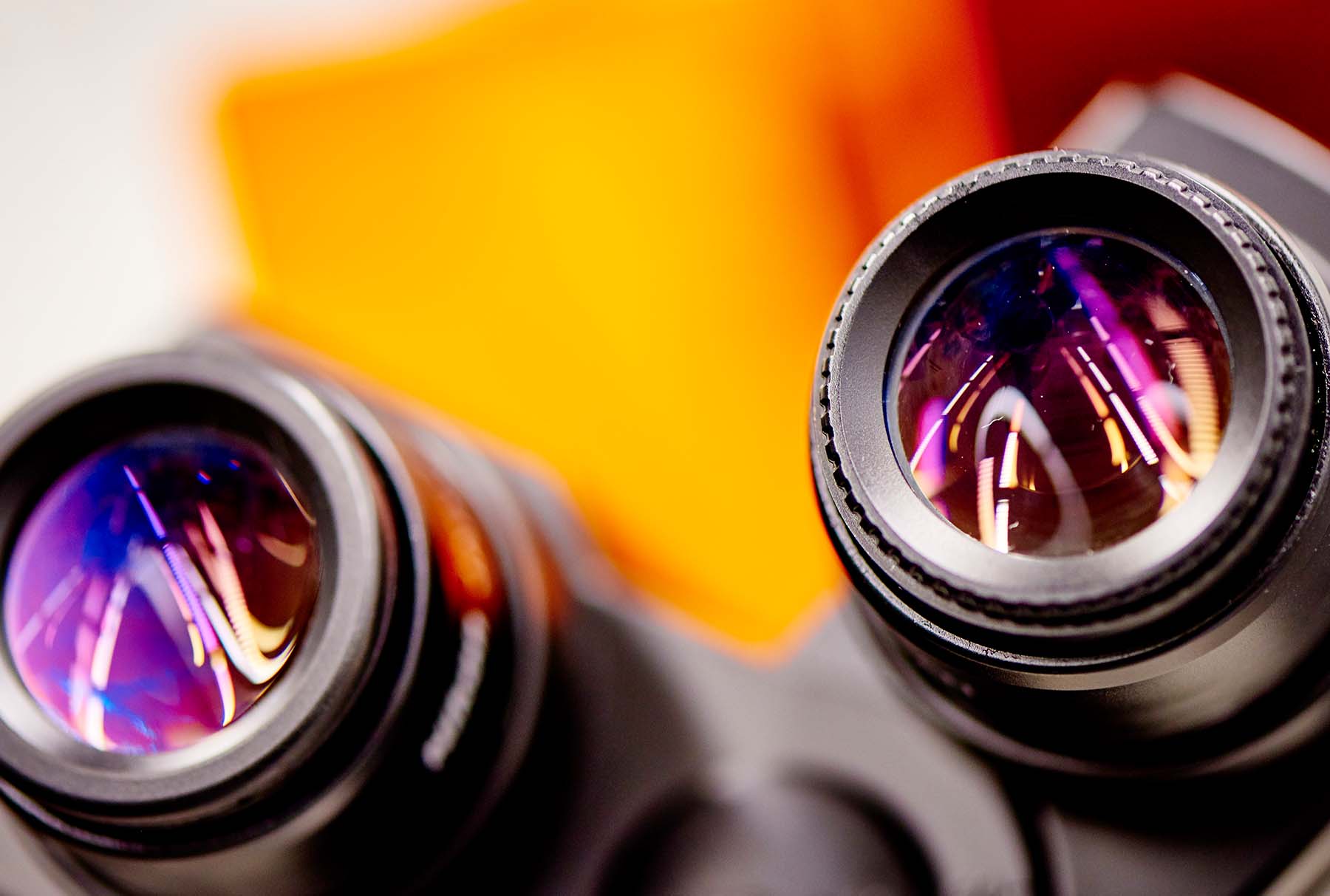Mass Spectrometry
Our mass spectrometry facility at Newcastle University opened in 2018 and is home to our chemistry and environmental mass spectrometry laboratories.
Mass spectrometry is a powerful analytical technique used to determine the molecular mass, elemental composition, and structure of a range of chemical compounds.
Our mass spectrometry facility at Newcastle University, opened in 2018, is made up of the chemistry mass spectrometry and environmental mass spectrometry laboratories. Focussing on the analysis of ‘small molecules’ (50-4000 Da), we can provide internal and external customers with quantitative and qualitative information for both isolated molecules or those present in a complex mixture.
Techniques
We're proud to offer a broad range of mass spectrometry techniques, including:
- Separation: Ultra-performance liquid chromatography (UPLC), high performance liquid chromatography (HPLC) and gas chromatography (GC)
- Ionisation: Electrospray ionisation (ESI), atmospheric pressure chemical ionisation (APCI), atmospheric pressure photo-ionisation (APPI), electron ionisation (EI), chemical ionisation (CI), rapid evaporative ionisation (REI-MS)
- Mass analysis: Triple quadrupole (QqQ), single quadrupole, ion trap
- High resolution mass analysis: Quadrupole time of flight (Q-ToF)
We’ve also established techniques for a wide range of small molecule samples:
- Biological samples: Small metabolites, microbial lipids and natural products
- Chemical samples: Small organic and inorganic molecules, drugs and drug precursors, chemical reaction monitoring
